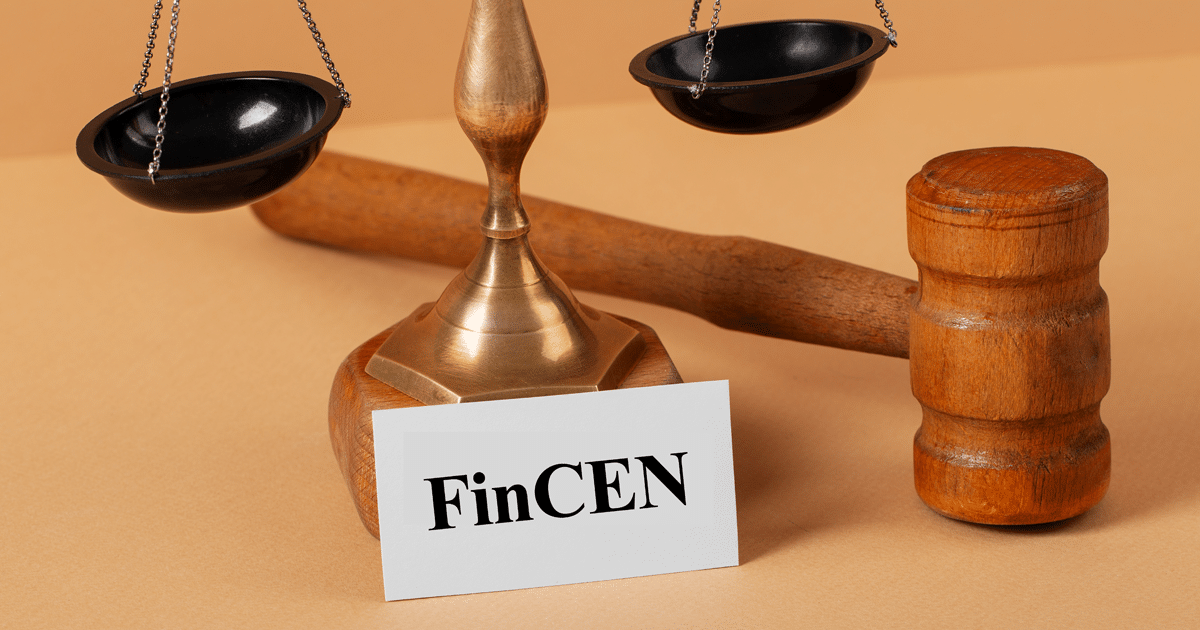Exploring the Different Types of Conservatorship: Understanding Your Options
November 2, 2023

When it comes to legal matters involving the care and protection of individuals who are unable to make decisions for themselves, conservatorship and guardianship play a crucial role. These legal arrangements are put in place to safeguard the well-being and assets of vulnerable individuals, such as minors or those with incapacities. In this blog post, we’ll delve into the various types of conservatorship, shedding light on the different scenarios in which they are applicable.
-
General Conservatorship:
General conservatorship, also known as full conservatorship, is established when a person is unable to make important decisions regarding their personal, financial, or healthcare matters. This typically applies to individuals who have been declared mentally incapacitated or unable to care for themselves. In such cases, a conservator is appointed to make decisions on their behalf.
-
Limited Conservatorship:
Limited conservatorship is designed for individuals with developmental disabilities or intellectual challenges. It is a more tailored approach, focusing on specific areas where the individual requires assistance. This might include financial decisions, medical care, or housing arrangements. The goal is to empower the conservatee to retain as much independence as possible while still receiving necessary support.
-
Temporary Conservatorship:
Temporary conservatorship is established for short-term situations when someone urgently requires assistance. For instance, it might be invoked when an individual is involved in a severe accident or injury, rendering them temporarily incapable of making decisions. Once the individual regains capacity, the temporary conservatorship is terminated.
-
Conservatorship of the Estate:
In cases where the primary concern is the management of the conservatee’s financial affairs, a conservatorship of the estate is utilized. This conservator is responsible for handling the individual’s income, property, and financial transactions to ensure their financial well-being and protection.
-
Conservatorship of the Person:
Conversely, a conservatorship of the person pertains to decisions regarding the conservatee’s personal life, healthcare, and daily living. This type of conservatorship may be established when an individual is incapable of making safe and appropriate choices for themselves.
-
Voluntary Conservatorship:
Sometimes, individuals recognize the need for assistance in managing their affairs and opt for a voluntary conservatorship. In these cases, they can choose a conservator to help them make important decisions. This approach can provide individuals with a degree of control while still benefiting from support when needed.
-
Testamentary Conservatorship:
A testamentary conservatorship is established through the terms of a person’s will or estate plan. If a person becomes incapacitated and has designated a testamentary conservator in their estate planning documents, this individual can assume the role of a conservator.
-
Emergency Conservatorship:
In situations that require immediate intervention to prevent harm or protect the conservatee, an emergency conservatorship may be granted. This is typically a short-term solution and must be supported by strong evidence of imminent danger or risk to the conservatee.
It’s important to note that the terminology and specific laws surrounding conservatorship may vary by jurisdiction. Additionally, the process for establishing and terminating conservatorships can be complex and typically requires legal guidance.
Conservatorship is a legal avenue that can provide essential support and protection for individuals who cannot make decisions for themselves. It is crucial to carefully consider the specific circumstances and needs of the individual when determining the appropriate type of conservatorship. Legal advice and consultation with an experienced attorney are essential for understanding the options available and ensuring that the conservatee’s best interests are upheld.
In conclusion, the various types of conservatorship offer a range of options to meet the unique needs of individuals who require assistance in making important decisions. Whether it’s a full conservatorship, a limited arrangement, or a temporary solution, the primary goal is to protect and empower those who may be vulnerable. Legal guidance at Lawvex is essential to navigate this complex area of law and ensure that the conservatee’s best interests are upheld.


